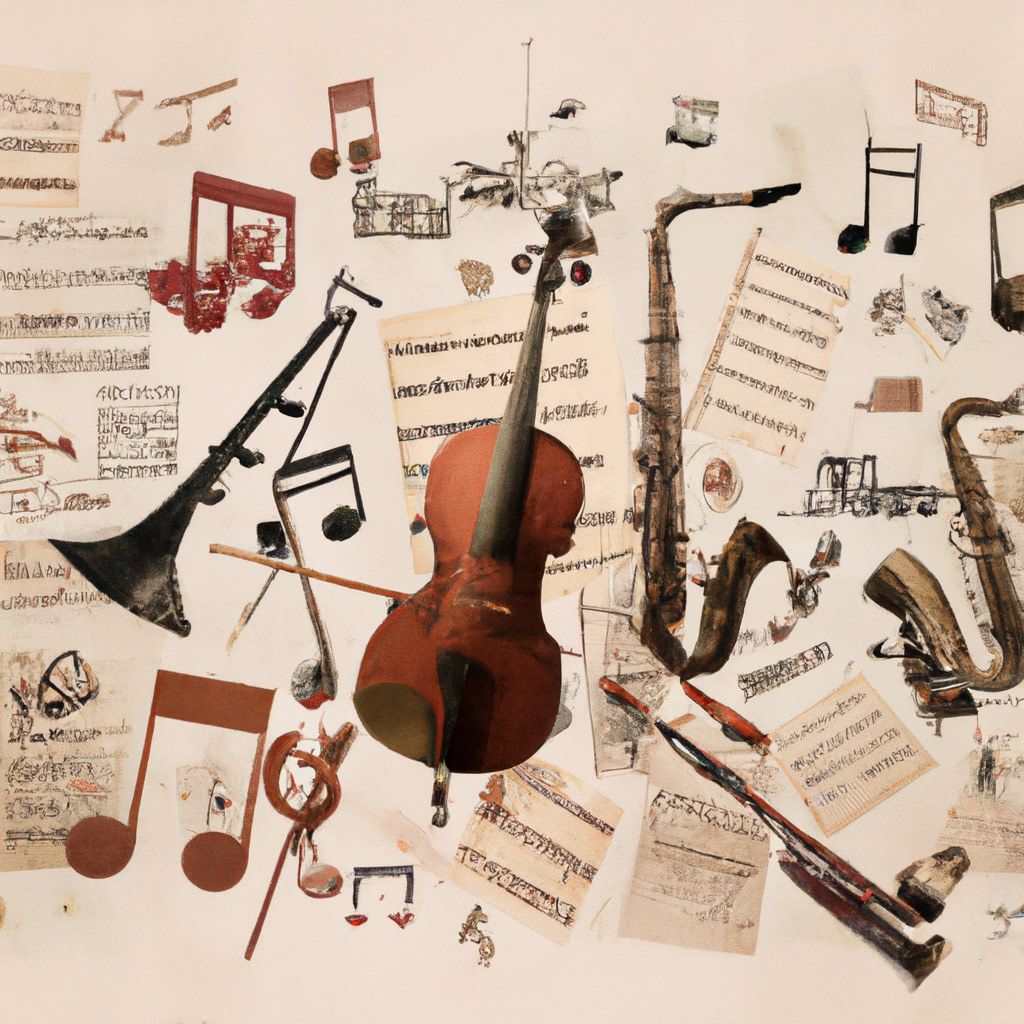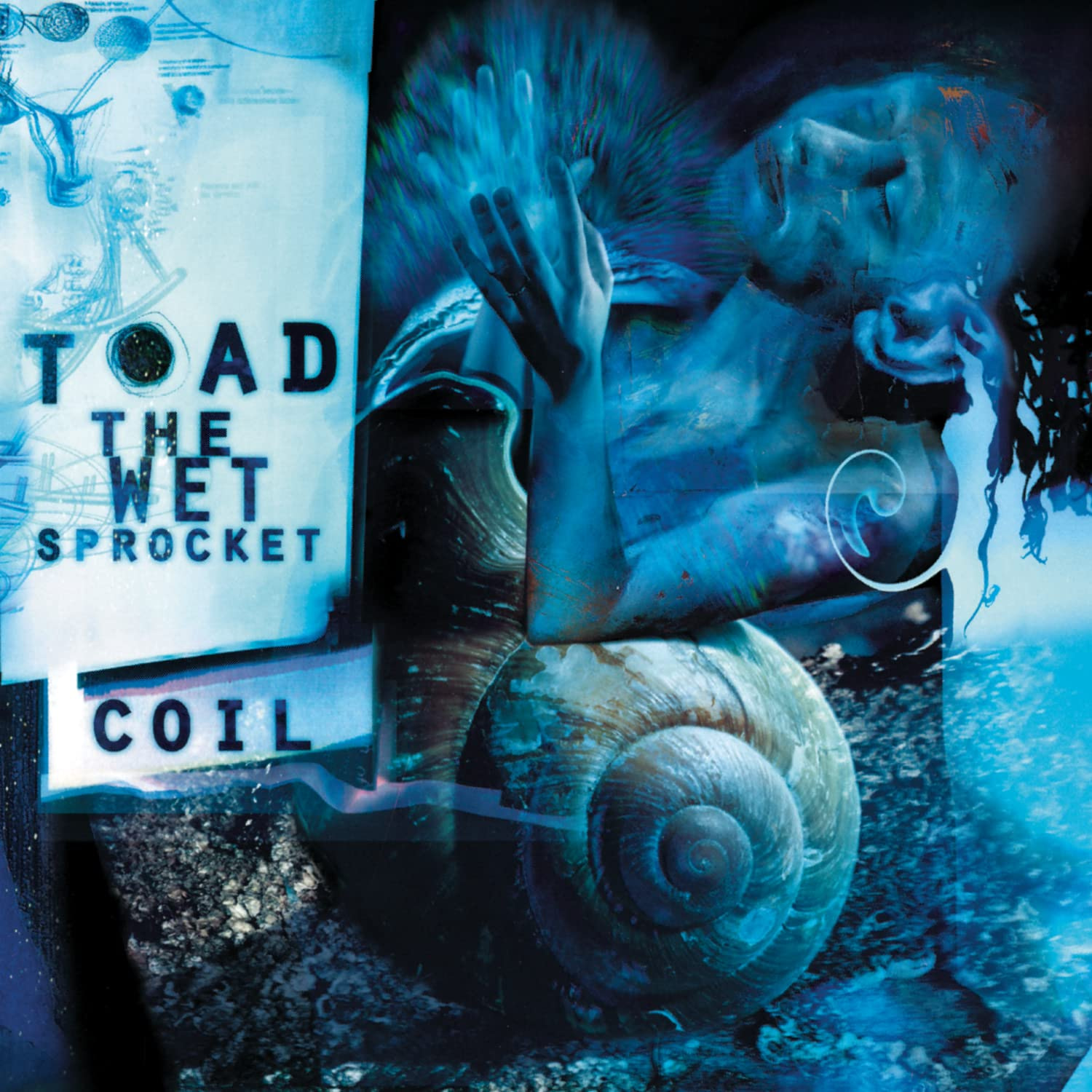“Dam Would Break,” off Toad the Wet Sprocket's 1997 album Coil, is a tune that, under its brooding surface, vibrates with religious and theological undertones. This post delves into those deeper themes, placing the track within the context of the album and the band’s career, and exposing how it echoes eternal questions of belief, skepticism, and salvation.

If you would prefer to watch the video version of this Rock Theology click the button below:
Toad the Wet Sprocket has carved out a unique niche in American alternative rock since forming in the late 1980s. A pioneer of confessional songwriting, catchy tunes, and Glen Phillips’ soothing croon, the band has consistently threaded themes of doubt, fragility, and optimism throughout their music.
Toad the Wet Sprocket
Named after a Monty Python sketch, Toad the Wet Sprocket were founded in Santa Barbara, California, in 1986, but rapidly stood apart with sincere songs and impassioned shows. The band released their debut album, Bread & Circus, in 1989, gaining traction with college radio and building a devoted following.
Their breakthrough came with 1991’s Fear, which included the hits “All I Want” and “Walk on the Ocean.” Follow-up albums Dulcinea (1994) and Coil (1997) would smooth the edge of their folk-rock warmth with a hint of darkness. Toad the Wet Sprocket’s lyrics often grapple with existential issues—loneliness, the search for meaning, and the desire for connection—rendering them timelessly resonant.
Following a break-up around the millennium, the band reunited and have since toured and released new material, still maintaining a devoted fan base that appreciates the rawness and subtlety of their sound. If you are not familiar with The Toad, I could not recommend them more highly. Nelia Beth and I discovered them at Summerfest in Milwaukee and fell in love with their music. We have now seen them live more than once.
Contextualizing "Dam Would Break" in Coil
Coil, Toad the Wet Sprocket’s fifth album, came at a point of change for the band. The album exudes maturity and world-weariness, its songs imbued with a sense of the transient nature of life, loss, and rebirth. Stylistically, Coil is more stripped-back and introspective than its predecessors, with arrangements that leave room for emotional resonance. Interestingly, the album’s cover is a person, or more likely a demon, coming out of the coil of a snail shell. This certainly sets the stage for a battle between good and evil.
“Dam Would Break” is one of the album’s most soulful and vulnerable moments. Placed in the context of a batch of tracks that ponder transformation and vulnerability, it functions as a fulcrum for the record’s affective trajectory. The lyrics grapple with the struggle to stay together when overwhelmed by emotions. This theme often reflects the spiritual struggle to maintain one’s faith.
Religious and Theological Imagery in
“Dam Would Break”
On its surface, “Dam Would Break” is a song about just managing to keep yourself together, about concern that the slightest disruption could release a flood of suppressed feelings. The central issue in interpreting the song is what lies behind the dam and what would happen if the dam were to break: What would be let loose on the other side?

Is this just about a relationship that failed because the protagonist held everything too tight, and the dam bursting would be a torrent of hate? Or is it almost the opposite that he held too tight and did not share how much he cared, and the dam breaking could release a flood of love that is likely to be too late?
But as with much of Toad the Wet Sprocket’s work, the lyrics allow for a more esoteric reading—one steeped in religious and theological imagery.
Is the song about holding on to faith, afraid that the dam breaking will cause a flood of doubt? Or again, the opposite, is it holding in doubt, and the dam breaking will free the protagonist’s faith?
Or is the dam holding in sin and guilt, and the dam breaking is the step to forgiveness and redemption?
Clearly, the situation is dire as the song opens, exposing the hardness of life:
Is it this place that makes me fall from you
Forget the words that once rang so true
Did we expect that life was ever fair, my God
1. The Dam as Symbol of Spiritual Containment
The core picture of the dam—intended to contain and manage great, elemental forces—becomes a compelling symbol for the soul’s effort to stave off crushing emotion, uncertainty, or guilt. In a religious sense, the dam can represent the human attempt to hold back sin, desire, or the shadowy depths of the heart.
And if my mind could only loose the chain
The dam would break
For all the things I hid away
And all the words I could not say
The song reveals that the harder you attempt to suppress what is inside, the more unavoidable its eruption. This suggests the biblical concept that the truth, or the heart’s contents, “cannot be hid” (Luke 8:17). The dam becomes not merely an emotional image but a spiritual one—indicating the pointlessness of resisting our internal conflicts.
2. References to Confession and Redemption
And in the song, the narrator pleads, they just want to be set free:
And every hour of every day
I need to fight from pulling away
And if my mind could only loose the chain
The dam would break
This resonates with the confessional compulsion at the core of many religions—the desire first to admit your wounds before you can begin to heal them.
The fear of the dam breaking is akin to the fear of judgment, encompassing both self-judgment and divine judgment. Still, in much theology, collapse — confession, surrender — is the initial stride in the direction of blessing and salvation. The song, therefore, serves as a prayer for catharsis, a call to bravery to confront the deluge and emerge purified.
3. The Vocabulary of Desolation and Expectation
The words are peppered with allusions to hopelessness
I sowed a field of rose and reaped a whipping rod
And everything I've held too tight inside
Could make a part of me die
But the thread through the song is a subtle, tenacious optimism — the faith that “what is broken can be mended,” that suffering isn’t the final word. The song closes with:
And if my mind could only loose the chain
The dam would break
For all the things I hid away
And all the words I could not say
The dam would break
It’s a tension between despair and hope, a quintessentially theological tension that reflects the human condition — to inhabit the in-between space of brokenness and restoration.
The Song’s Theological Resonances
Beyond being a pictorial, “Dam Would Break” also echoes more profound theological themes:
The Problem of Suffering and the Hidden Self: Much like the writings of St. Augustine, the song acknowledges the complexity of the human heart—the things we hide, the burdens we bear, and the longing for relief from hidden pain.
Grace in Vulnerability: The readiness to allow the “dam” to burst, finally, is an acceptance of vulnerability —an essential phase in spiritual development. Theologian Henri Nouwen spoke of the “wounded healer”—that only by exposing our wounds can we find healing and give it to others.
Faith Under Pressure: The song nails what it’s like to cling to faith—even if only loosely—when life hits hard. This echoes the mystics’ ‘dark night of the soul,’ in which spirituality is stressed, but faith is ultimately strengthened through challenge.
"Dam Would Break" and the Listener’s Soul Journey
One of the hallmarks of Toad the Wet Sprocket’s songwriting is its opacity. “Dam Would Break” isn’t didactic; it doesn’t offer a theological prescription. By the end of the song, the dam has not broken, and neither have our dams. Instead, the song encourages us to approach the song with our own experiences and spiritual questions. For some, the dam’s breaking may be a crisis; for others, it’s a vital surrender to reality and integrity.
The cyclical form of the melody — how it rises and falls quietly — reflects the process of grappling with faith: a turning back again, a confrontation again and again of one’s finiteness. By infusing religious and theological echoes in ordinary speech, the song becomes a companion for those charting their spiritual faltering.
If you recall, part of its magic lay in the construction of the album’s storyline.
In Coil, “Dam Would Break” is the turn. The album begins with restlessness and searching (‘Whatever I Fear’), moves through regret and longing (‘Throw It All Away,’ ‘Come Down’), and, by the time it reaches ‘Dam Would Break,’ it has reached the brink—the moment before catharsis.
Conclusion
“Dam Would Break” isn’t just a song about feeling fragile, it’s about our spiritual journey — about the pull between containment and release, despair and grace, concealment and confession. With its haunting imagery and subtle refrain, it resonates with those of us who stand at the gates of belief, craving repair but afraid of what truth might release.
By grounding their music in the complexities of the human condition, Toad the Wet Sprocket opens a world where religious and theological questions can be experienced as much as they are contemplated. “Dam Would Break,” in both Coil and the band’s entire discography, is a tribute to the timeless strength of vulnerability, mortal and immortal.
You can listen to the song on YouTube. You can check out the song's full lyrics at AZlyrics and see if other parts of the lyrics intrigue you. Please use the comments section below to discuss my thoughts or what you discover in the lyrics. Keep the rock theology discussion going!
If you are unfamiliar with The Toad, I highly recommend them to you. I would suggest you start with Fear and I suspect you will be surprised that you are already familiar with “All I Want” and “Walk on the Ocean.”






